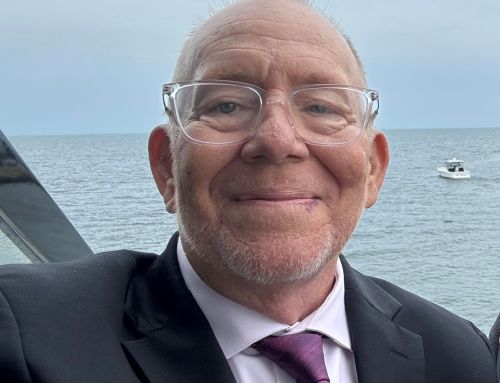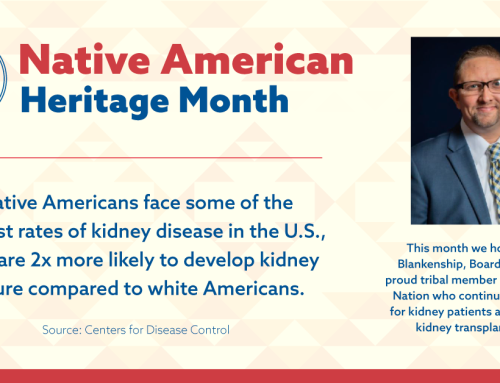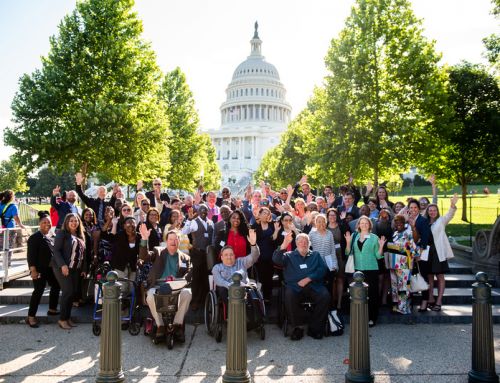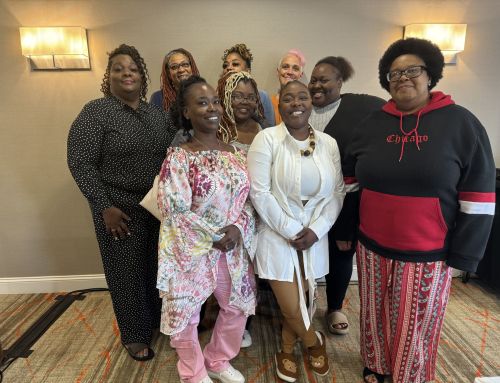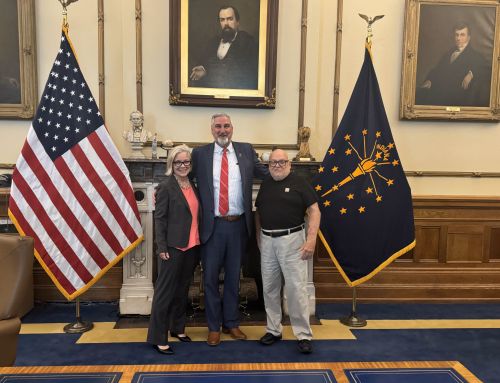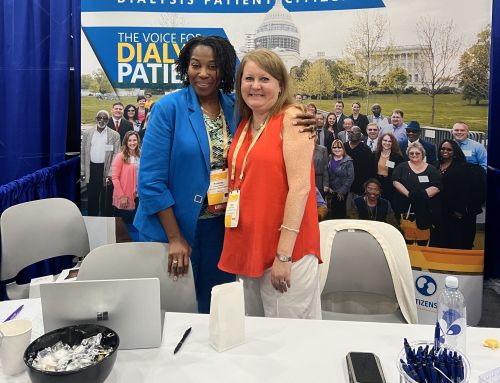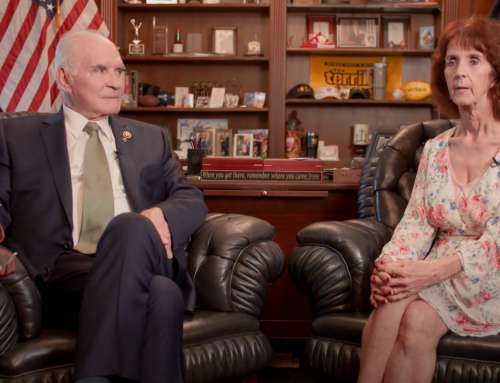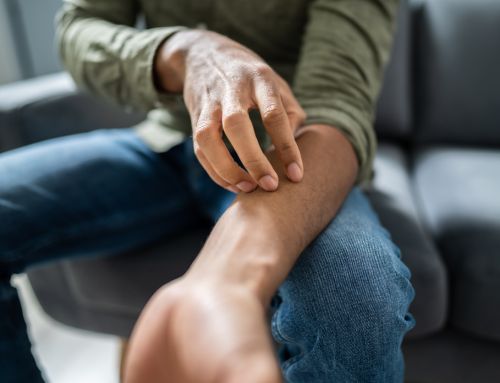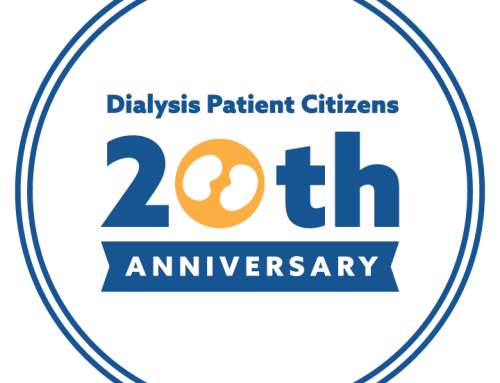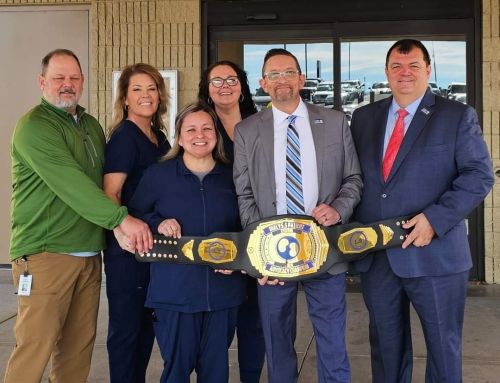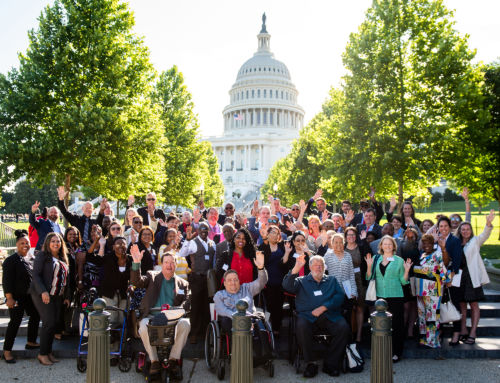End-stage renal disease (ESRD) patients who receive Medicaid are less likely to be informed of home modality and transplantation options than patients covered by Medicare or commercial insurance, according to survey research DPC released earlier this month. DPC recently partnered with Baxter to facilitate a panel discussing these disparities at the National Black Caucus of State Legislators (NBCSL) Conference in Los Angeles, California.
The DPC survey found that while about 74 percent of ESRD patients overall are informed about the option of home hemodialysis, there is an information gap of 17 percentage points between patients covered by Medicare (77%) and Medicaid (60%). While 68 percent of ESRD patients overall are informed about peritoneal dialysis, the information gap is 14 percentage points between patients covered by Medicare (70%) and Medicaid (56%). And while 72 percent of ESRD patients overall are informed about transplantation, there is a 12 percentage-point information gap between patients covered by Medicare (76%) and Medicaid (64%).
At the NBSCL Conference, DPC Board Member Danny Iniguez added the patient perspective to the discussion, recalling his experiences on peritoneal dialysis and explaining the importance of patient choice.
“State governments are leaving money on the table by not addressing this disparity,” Iniguez said. State Medicaid programs pay for the first three months of an uninsured ESRD patient’s treatment unless the patient begins training for a home dialysis modality, in which case federal Medicare coverage begins immediately.
States have several potential policy levers to narrow the gap, said DPC’s Executive Director Hrant Jamgochian. One option might include seeking a Medicaid waiver to pay for a home aide, as was permitted prior to 1990, Jamgochian said, noting that many patients reported that they could not consider home hemodialysis because they had no one to help them. Backlogs in some states’ facility certification agencies might also be aggravating the problem.
DPC’s 2015 Annual Membership Survey was conducted in July by the international research firm Ipsos, and was sponsored by Abbott and Amgen.






